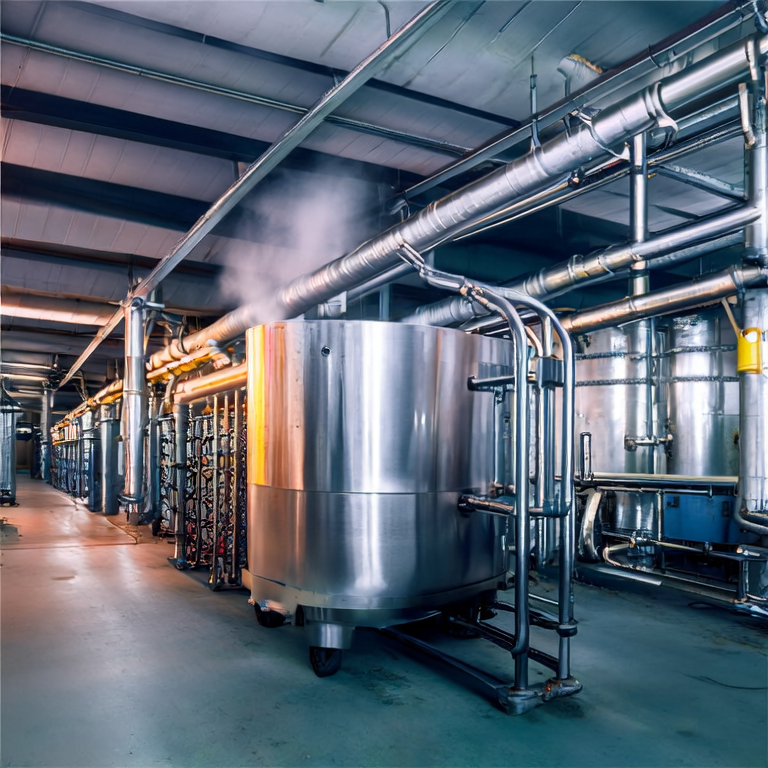
Ceramic kiln oil boiler

Ceramic kiln oil boiler
Jan. 01, 1970
In today's competitive manufacturing landscape, the pain points faced by industries include rising energy costs and the need for efficient thermal management. Enter the Ceramic Kiln Oil Boiler—a solution that not only addresses these challenges but also enhances production efficiency. Ceramic kiln oil boilers apply advanced oil heating technology to provide a reliable and consistent heat source for ceramic production. This article will explore the significance of these boilers, the industry terms associated with them, and their application across various sectors.

Ceramic kiln oil boilers are specialized heating systems designed to utilize oil as a primate heat source. These boilers are essential for many industries, especially those involved in ceramic manufacturing, where maintaining precise temperatures is critical for product quality.
Industry Terminology:
Ceramic kiln oil boilers are predominantly used in:
The versatility and efficiency of these boilers make them a go-to solution in a variety of thermal applications. A study from the American Ceramic Society states that ceramic kilns operating with oil boilers can achieve energy efficiencies of up to 92%, contributing significantly to cost savings.
The importance of ceramic kiln oil boilers can be summarized by their advantages:
In accordance with recent insights from CoinDesk, as industries strive for sustainability, integrating new technologies like ceramic kiln oil boilers not only meets production demands but also aligns with environmental goals.
For professionals interested in a deeper dive into the operation and selection of ceramic kiln oil boilers, we recommend reading our comprehensive usage guide.
Regular maintenance and making sure the system is correctly calibrated can greatly enhance the thermal efficiency of your boiler.
Look for energy efficiency ratings, output capacity, and compatibility with your existing systems to ensure optimal performance.
Yes, when properly managed, these boilers can significantly reduce emissions, contributing positively to environmental sustainability.
For further information or to trial the latest ceramic kiln oil boilers from TBS, we encourage you to reach out and explore how these solutions can benefit your manufacturing processes. Let's transform your thermal management strategy today!
我们使用 cookie
我们使用 cookie


